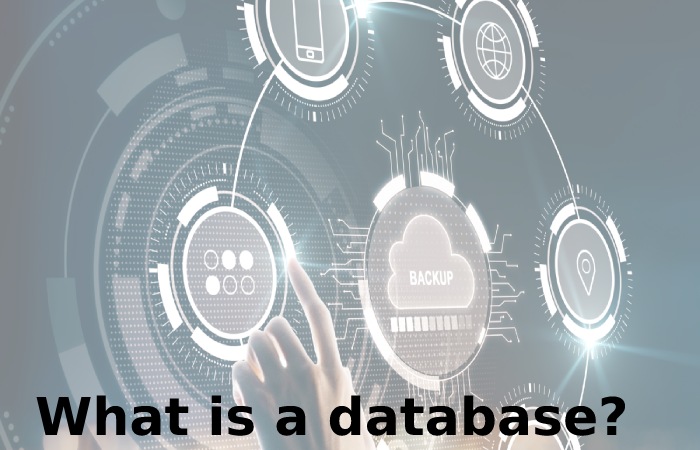Do you already know what the types of databases are? If you are a good programmer, you should think about the scaling of your developments. If you are a marketer or CEO, you will want to store and analyze your customers’ behavior to improve your results. It is where the importance of knowing the types of databases comes in.
Databases are fundamental pieces in the modern world since every platform, website, or application has one behind it. That is why knowing about BBDD (abbreviation of databases) should be basic knowledge among people who consume and create technology.
So what is the best database for your business or project? Make yourself a cup of coffee and find out! In today’s article, you will learn what a database is, how they are classified, and the types of databases.
Table of Contents
What is a database?

Technology specialist platform TechTarget explains the concept of databases as follow
“ A collection of information that is organized in a way that can be easily accessed, managed, and updated. Computer databases often contain sets of records or data files, which contain information about sales transactions or interactions with specific customers. ”
In other words, a database is a set of information that has been built to store and process information of different types and dimensions. And also, the databases may be ordered or designed with different types of architectures, depending on the complexity of your information and the uses that you want to give that information.
There is not much difference in the purposes of the different types of databases since most exist to store information. Still, some databases have secondary functions that differentiate them from each other. Data alone is not of much use; however, how they processed and the purpose of the databases will give meaning and potential to the information.
The type of database will dictate how you will have to work with it, be it to consult, add, modify, delete, order, or analyze the information nested. Some databases offer better performance, greater flexibility, and profitability. Still, it will depend on the nature of your project.
And also, the business to choose the best one for you and your goals.
Moreover, knowing what a database is and its types will help you get to know your customers better, analyze their behavior, create sales projections, or predict the success of a new product or service. The possibilities of the different types of databases are many, and you will want to explore them all to exploit them to the fullest!
Database classification
The general database classification is divided into these two broad categories:
1. Dynamic databases
Dynamic databases are those in which the stored data changes over time and can be modified in real-time or automatically. In addition to your query, the information in this database can update, edit, and eliminate.
Dynamic Database Examples
The types of databases for an e-commerce business, where the prices and stocks of the products must constantly update.
The databases of companies such as an airline need to record the flights of its passengers, their personal data, check-in times, and their history.
Another example of dynamic databases is that of a hospital since it stores the information of its patients, such as their medical history, prescription drugs, operations or procedures, etc.

2. Static databases
Static databases are those in which the data is store fixedly and its use later for analysis or any other process. They are handy for making decisions based on historical and statistical information. Also, they a known as read-only databases since they do not allow the modification of their data.
Static Database Examples
In sales reports, static databases store historical information on customers and their purchases, with which projections and other types of analysis related to a company’s income and customers could make.
In web analysis reports, static databases automatically store by tools such as Google Analytics and allow the analysis of user behavior on websites with their historical data.
Database types
Many types of databases focus on specific areas or tasks, and these are the main ones:
- Hierarchical databases
- Network databases
- Deductive databases
- Relational databases
- Non-relational databases
- Multidimensional databases
- Object database
- Distributed databases
If you want to know more about the above database types in detail you can also read Types of databases: What is the ideal system for my company?
Conclusion
We hope today’s article has been helpful! Now you have more idea about what types of databases can help you better store and process your business information. It is on your side to make the best decision and take your company or product to the top.
Suppose you are interested in the world of technology and would like to learn more about types of databases and which are the best databases to meet your objectives. In that case, we recommend the online courses on Data. you can learn more about Analytics, Business Intelligence, and Data Engineering.








